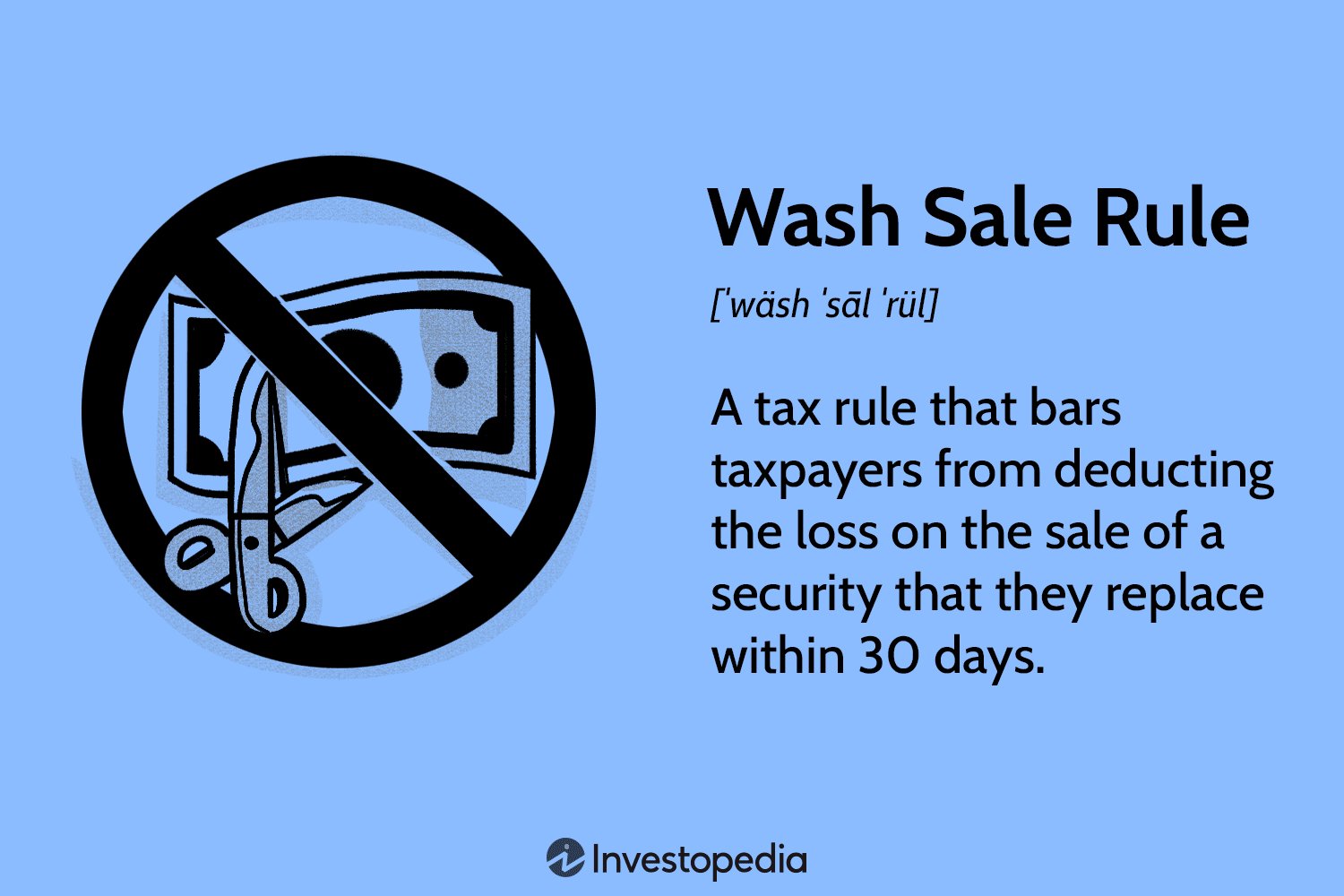Financially planning for multiple children can seem like a daunting task, but fear not! This article will guide you through the essential steps to ensure a secure future for your growing family. From budgeting strategies to long-term investments, we’ve got you covered. We understand the importance of providing for each child’s needs without compromising your own financial stability. So, whether you’re already a parent of multiple little ones or preparing for the arrival of your second or third child, this article is here to help you navigate the intricacies of how to financially plan for multiple children. Let’s dive in!
How to Financially Plan for Multiple Children
Introduction
Having multiple children is both a joyous and rewarding experience. However, it also comes with additional financial responsibilities and considerations. Planning your finances effectively can ensure that you provide for your children’s needs while maintaining financial stability. In this comprehensive guide, we will explore various strategies and tips on how to financially plan for multiple children, helping you navigate the challenges and make informed decisions for your family’s future.
The Importance of Financial Planning for Multiple Children
Financial planning is crucial when raising multiple children due to the increased costs and demands. By taking proactive steps to manage your finances, you can:
- Ensure your children’s basic needs are met
- Provide quality education and extracurricular activities
- Build a safety net for emergencies or unforeseen expenses
- Prepare for future milestones like college or weddings
- Set a strong foundation for your children’s financial well-being
Creating a Budget
A budget forms the foundation of your financial plan. It helps you track income, expenses, and allocate funds to different aspects of your children’s lives. Follow these steps to create an effective budget:
- Assess your income: Determine your total household income, including salaries, investments, and any additional sources.
- Calculate fixed expenses: Identify recurring fixed costs such as mortgage payments, utilities, insurance premiums, and loan repayments.
- Estimate variable expenses: Consider variable expenses like groceries, transportation, entertainment, and healthcare. Review past spending patterns to get an accurate estimate.
- Allocate funds: Divide your remaining income into categories like education, savings, and miscellaneous expenses. Prioritize your children’s needs while ensuring a balanced approach.
- Monitor and adjust: Regularly review your budget, track expenses, and make adjustments as needed. This ongoing process ensures you stay on track and make necessary changes when circumstances change.
Maximizing Savings and Investments
Saving and investing are essential components of financial planning when raising multiple children. Consider the following strategies to maximize your savings and grow your wealth:
1. Emergency Fund
Building an emergency fund is crucial to protect your family from unexpected expenses. Aim to save at least three to six months’ worth of living expenses in an easily accessible account.
2. Education Savings
Education expenses can be a significant financial burden. Start saving for your children’s education as early as possible by utilizing tools like 529 plans or education savings accounts (ESAs). These accounts offer tax advantages and compound interest over time.
3. Retirement Planning
While it may seem counterintuitive, saving for retirement is an essential part of financially planning for multiple children. By prioritizing your retirement savings, you ensure you won’t become a financial burden on your children in the future.
4. Investing Wisely
Consider diversifying your investment portfolio to grow your wealth. Consult with a financial advisor to determine the best investment options based on your risk tolerance and financial goals.
Managing Expenses Effectively
Managing your expenses efficiently allows you to make the most of your financial resources. Consider these strategies to optimize your spending:
1. Meal Planning and Bulk Buying
Creating a weekly meal plan and buying groceries in bulk can significantly reduce your food expenses. Plan nutritious meals, shop for ingredients in bulk, and take advantage of discounts or loyalty programs.
2. Frugal Living
Embrace a frugal lifestyle by cutting unnecessary expenses and finding ways to save money. This can include buying second-hand items, using coupons, or finding free or low-cost activities for your children.
3. Energy Efficiency
Reducing energy consumption not only benefits the environment but also lowers utility bills. Implement energy-efficient practices such as using LED light bulbs, turning off unused electronics, and properly insulating your home.
4. Comparison Shopping
Before making significant purchases, research and compare prices from different vendors. This allows you to find the best deals and save money in the long run.
Planning for Education Expenses
Education expenses can be one of the most significant financial challenges when raising multiple children. Here are some tips to plan effectively:
1. Research Education Options
Explore various education options, including public, private, or homeschooling, and understand the associated costs. Assess which option aligns with your values and financial capabilities.
2. Start Saving Early
As mentioned earlier, starting early is key when saving for your children’s education. Consider setting up a dedicated education savings account and contribute regularly to benefit from compounding interest.
3. Apply for Scholarships and Financial Aid
Encourage your children to apply for scholarships and grants to offset education costs. Additionally, research financial aid options and explore government programs that can provide assistance.
4. Consider Part-Time Work or Work-Study Programs
When your children reach college age, encourage them to take on part-time jobs or participate in work-study programs. This not only helps cover expenses but also teaches valuable financial and time management skills.
Seeking Professional Advice
Consulting with financial professionals can provide invaluable guidance when planning for multiple children. Consider the following experts who can assist you with different aspects of your financial plan:
1. Financial Advisor
A financial advisor can help you create a comprehensive financial plan tailored to your unique circumstances. They can provide guidance on budgeting, investment strategies, and retirement planning.
2. Tax Advisor
A tax advisor can help you navigate the complexities of tax laws and identify potential deductions or credits that can maximize your savings.
3. Estate Planning Attorney
An estate planning attorney can assist you in creating a will or trust to ensure your assets are distributed according to your wishes. They can also help minimize estate taxes and establish guardianship plans for your children.
Financial planning for multiple children requires careful consideration, budgeting, and strategic decision-making. By creating a realistic budget, maximizing savings and investments, managing expenses effectively, planning for education costs, and seeking professional advice, you can confidently navigate the financial responsibilities of raising multiple children. Remember, regular review and adjustment of your financial plan is essential to accommodate changing circumstances. With proper financial planning, you can provide for your children’s needs while securing their future and yours.
How to Plan and Prepare Financially for a Child
Frequently Asked Questions
Frequently Asked Questions (FAQs)
1. How can I financially plan for multiple children?
When it comes to financially planning for multiple children, it is essential to start by creating a budget. Determine your income, expenses, and savings goals, and allocate specific amounts for each child’s needs such as education, healthcare, and extracurricular activities. Additionally, consider setting up a dedicated savings account or investment fund for their long-term needs.
2. Are there any specific strategies for saving for their education?
Absolutely! One strategy is to open a 529 college savings plan, which offers tax advantages for education-related expenses. Additionally, you can explore scholarships, grants, or other financial aid options. Start saving early and consider investing in a diversified portfolio to maximize potential growth.
3. How can I ensure that I’m saving enough for their future expenses?
Regularly reviewing and adjusting your budget is crucial. Aim to save a portion of your income each month that aligns with your long-term goals for your children. It’s also wise to have an emergency fund to handle unforeseen circumstances and minimize financial stress.
4. Should I consider purchasing life insurance?
Life insurance can provide financial security for your family in the event of your untimely passing. It can help cover immediate expenses and provide ongoing support for your children’s needs. Evaluate your circumstances, consult with a financial advisor, and choose a policy that suits your specific requirements.
5. How do I manage the costs of extracurricular activities for multiple children?
Prioritize and research various activities to find those that align with your children’s interests and your budget. Look for community programs, scholarships, or discounts offered by local organizations. Encourage your children to focus on a few activities they truly enjoy rather than trying to participate in everything.
6. Are there any tax benefits available for having multiple children?
Absolutely! The government offers various tax benefits, such as the Child Tax Credit and Dependent Care Credit, which can provide significant savings for families with multiple children. Familiarize yourself with these credits and consult with a tax professional to maximize your eligible deductions.
7. Should I consider setting up a trust for each child?
Setting up a trust can be a valuable option to ensure your children’s financial security. It allows you to designate how the funds will be distributed and managed, even after your demise. Consult with an estate planning attorney to determine the best trust structure for your family’s unique needs.
8. How can I teach my children about financial responsibility?
Start early by introducing them to basic financial concepts such as saving, budgeting, and wise spending. Encourage them to earn their own money through age-appropriate tasks or part-time jobs. Teach them the importance of setting goals and making informed financial decisions, and lead by example through responsible financial practices.
Final Thoughts
Financially planning for multiple children can be a daunting task, but with some careful considerations, it can be manageable. Start by creating a realistic budget that takes into account the increased expenses of raising multiple children. Prioritize savings and investments to secure their future. Consider multiple streams of income to support the growing family. Insurance policies can provide a safety net in case of unexpected events. It is crucial to communicate openly with your children about financial matters and instill good money habits from an early age. By planning ahead, making thoughtful choices, and being proactive, you can successfully navigate the challenges of financially planning for multiple children.



